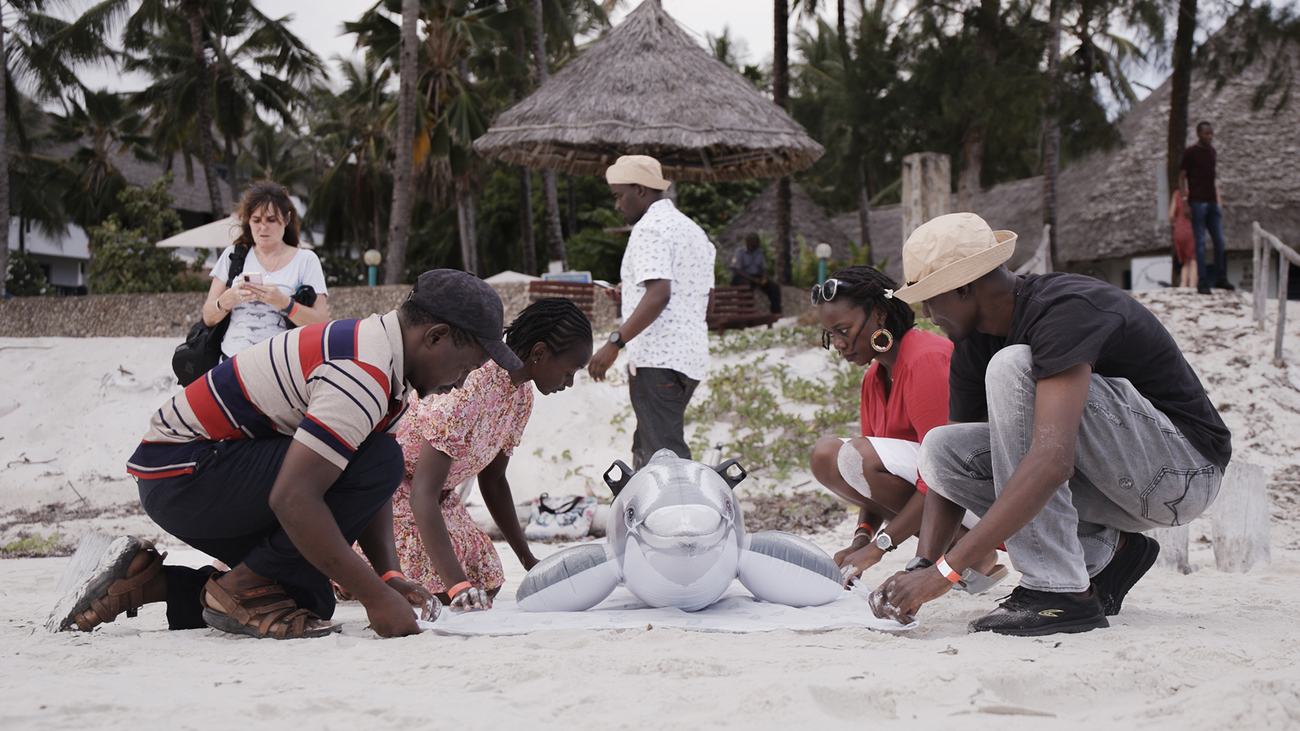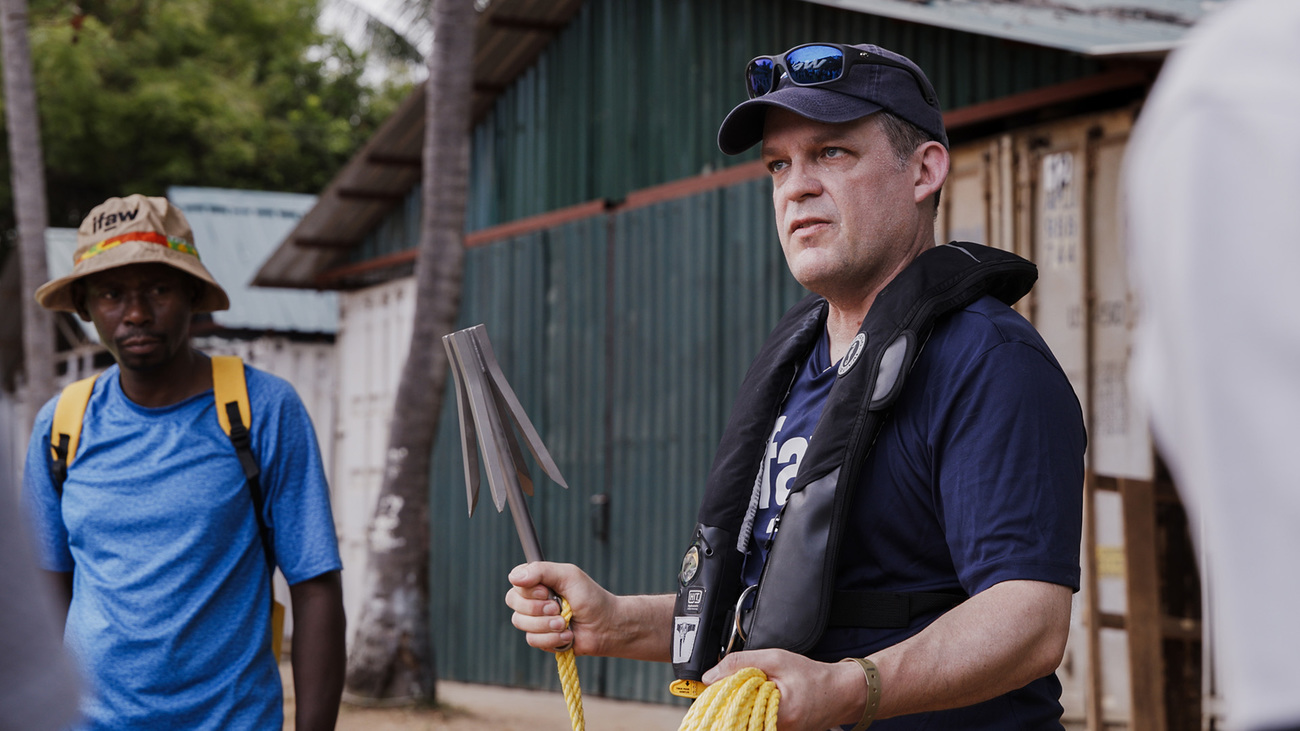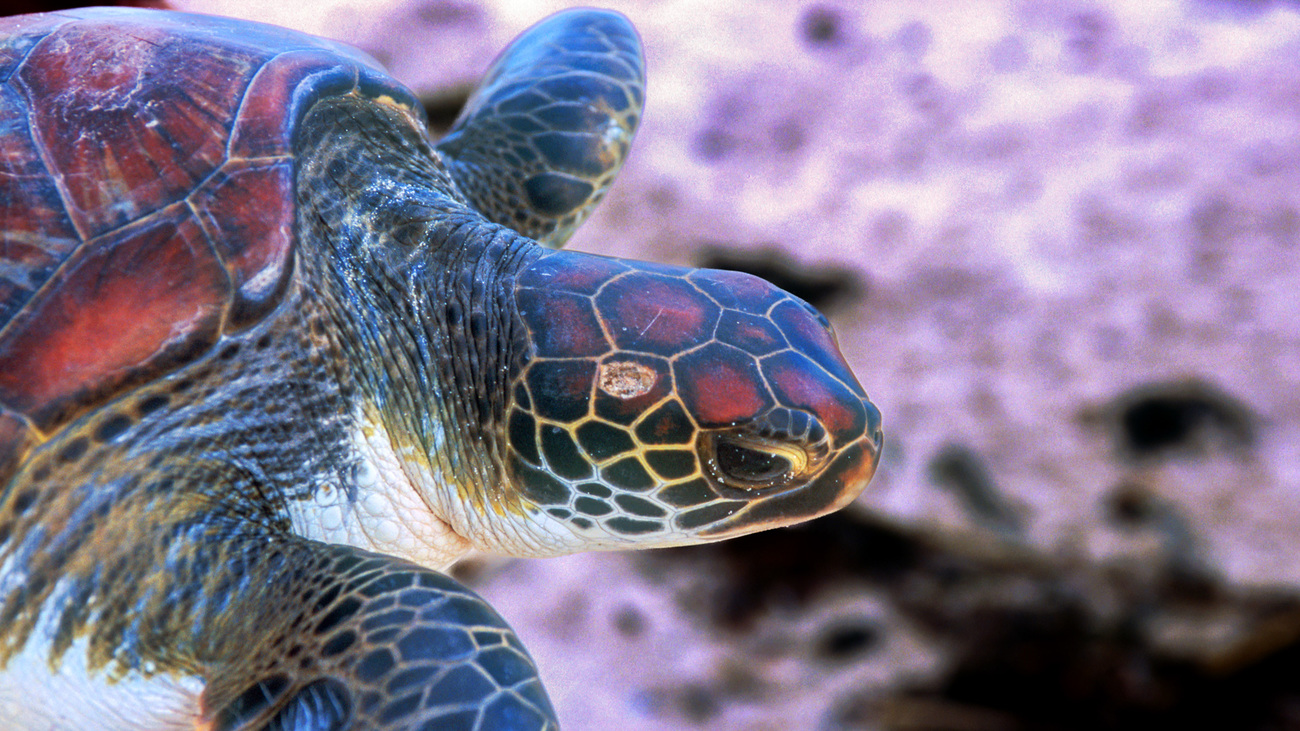Blog
Kenya’s push for international tourism sparks ecological concerns
Read moreOn the frontlines protecting the ocean: Kenya’s marine rangers
Picture a wildlife ranger: you might imagine an individual dressed in green, patrolling through a forest or savannah, protecting large mammals like lions, rhinos, and elephants. But the ocean—the planet’s largest habitat—deserves equal protection. Unfortunately, it faces similar threats of poaching and overexploitation, but these pressures are often unseen in the marine world. That’s where marine rangers, a lifeline for coastal animals and communities, shine.

Kenya’s picturesque coastline serves not only as a home for marine life like whales, dolphins, and turtles, but also is deeply intertwined with community lives and livelihoods. That’s why the work of marine rangers is so critical in this country.
Overfishing is one of the biggest forms of poaching in the world. Regulations exist to keep fishing sustainable, so populations can replenish themselves, allowing both people and animals to benefit from fish as a food source.
But when poachers fish illegally—whether that means capturing protected species, fishing in prohibited areas, or taking too many fish—the delicate balance of the marine ecosystem is thrown off. This threatens species with extinction, disrupts the food chain, and destroys marine habitats.
In Watamu, IFAW has partnered with Kenya Marine Mammal Research & Conservation (KMMREC) to support marine rangers in patrolling the coastline and preventing illegal activity.
The East African coast is under constant threat from overexploitation, infrastructure development, marine transportation, plastic pollution, and climate change, which has caused an uptick in whale and dolphin strandings. Left to fend for themselves against these increasing human-caused dangers, these species would perish. But with the right interventions from trained professionals, we can turn the tide.

In 2023, IFAW collaborated with the International Whaling Commission (IWC) and partnered with Kenya Wildlife Service and KMMREC to deliver a three-day training course for marine rangers, fishermen, veterinarians and other ocean experts. They learned key skills including whale disentanglement techniques and dolphin stranding response—helping increase the safety and outcomes of marine mammal rescues for both the animals and the responders. This training also has helped rangers raise awareness among their communities about whale and dolphin conservation.
Two major challenges in marine conservation in Kenya are a lack of adequate data on species distribution and the need to enhance locally-owned, community-driven conservation efforts. By training community rangers to protect sea turtles, we’ve worked to tackle these challenges in tandem.
Recently, IFAW supported the training of community rangers at Kuruwitu Marine Protected Area in Kilifi County. This training involved learning the National Sea Turtle Conservation Protocol—a guide for protecting marine turtles along Kenya’s coast.
Though sea turtles are protected by law in Kenya, prohibiting the hunting of turtles and collecting of eggs—adult turtles, hatchlings, and nest sites remain vulnerable to illegal killing and harvesting. We provided 10 community rangers with the necessary equipment and technical expertise needed to accurately collect data on nesting turtles, record hatchlings, patrol beaches, and protect marine areas using innovative mobile apps.

At IFAW, we believe protecting the ocean starts with empowering the people who safeguard it. By elevating the welfare, training, and recognition of Kenya’s marine rangers, we help ensure they have the tools, skills, and support needed to thrive in their vital roles. Healthy, motivated rangers are the backbone of healthy oceans—able to defend marine life, support their communities, and inspire lasting change. Together, we can continue to champion these unsung heroes on the frontlines and secure a future where both animals and people thrive.
Every problem has a solution, every solution needs support.
The problems we face are urgent, complicated, and resistant to change. Real solutions demand creativity, hard work and involvement from people like you.
Unfortunately, the browser you use is outdated and does not allow you to display the site correctly. Please install any of the modern browsers, for example:
Google Chrome Firefox Safari